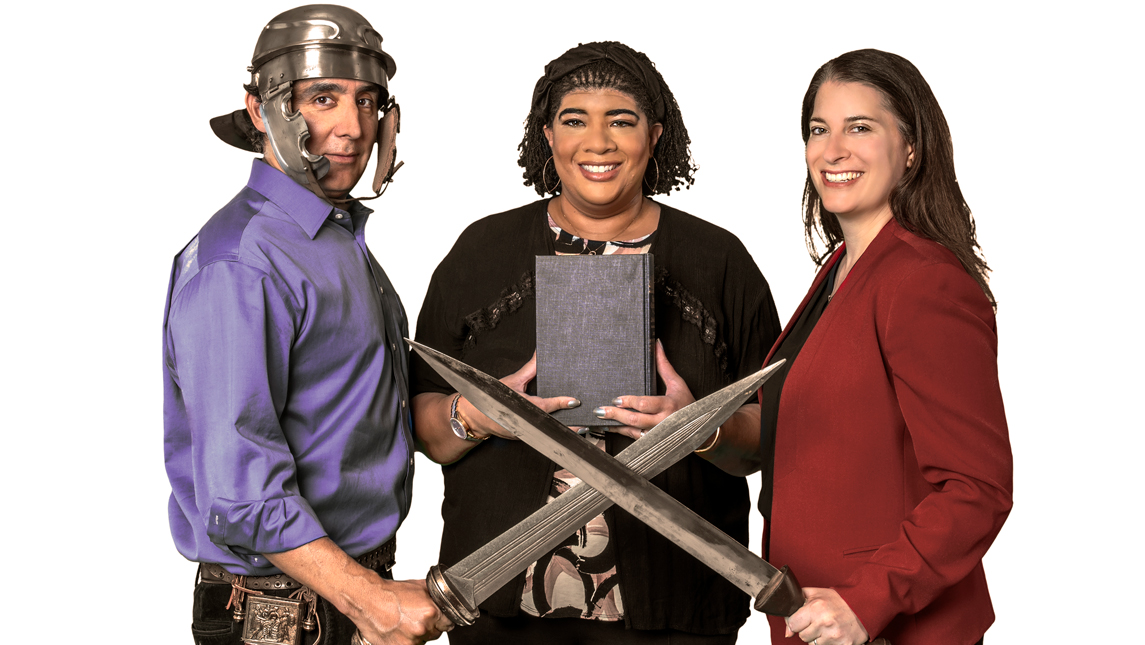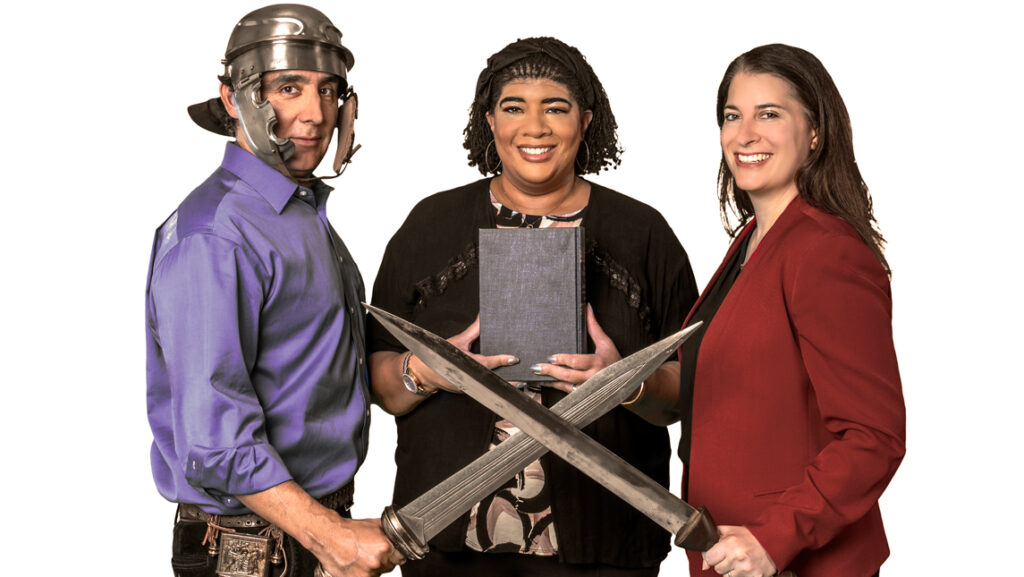
UNC Greensboro’s African American and African Diaspora Studies (AADS) program unites many disciplines from across campus, and that cross-disciplinary work helps students, faculty, and the greater community understand Blackness, within both national and international contexts.
This year, the annual conference, the Conference on African American and African Diasporic Cultures and Experiences (CACE), works toward that end through a robust program of panels, presentations, and performances with the theme “Connections and Collaborations Across Disciplines and Communities.”
Throughout the all-day Feb. 19 conference, faculty and student researchers from UNCG and other institutions will present work that comes from a variety of fields including anthropology, history, sociology, English, ethnomusicology, dance, art history, poetry, public health, women’s and gender studies, religious studies, classical studies, and political science.
“We’re particularly excited to be featuring two new interdisciplinary projects,” said Dr. Hewan Girma, an assistant professor in AADS who has helped organize the conference. “Both the Afro-Latin American/Latinx Studies Project and the Ethiopia and East Africa Studies link up faculty and students from different disciplines to explore the societies of the global African Diaspora respectively in Latin America as part of the Black Atlantic and East Africa as part of the Indian Ocean world. Therefore, they expand our understanding of Blackness at the global scale.”
The panels and workshops that take place throughout the conference day focus on an extensive array of topics including portrayals of Blackness and femininity; social determinants and inequities in public health; perceptions of Blackness in the civil rights and modern eras; alcohol use in West Africa and the African Diaspora in the Caribbean, Brazil, and Latin America; the role of the mulatta in racial democracy discourse in early twentieth-century Caribbean poetry; African art history through Wikipedia page editing; and acceptability of natural hairstyles for Black people in the African American and the African Diaspora.
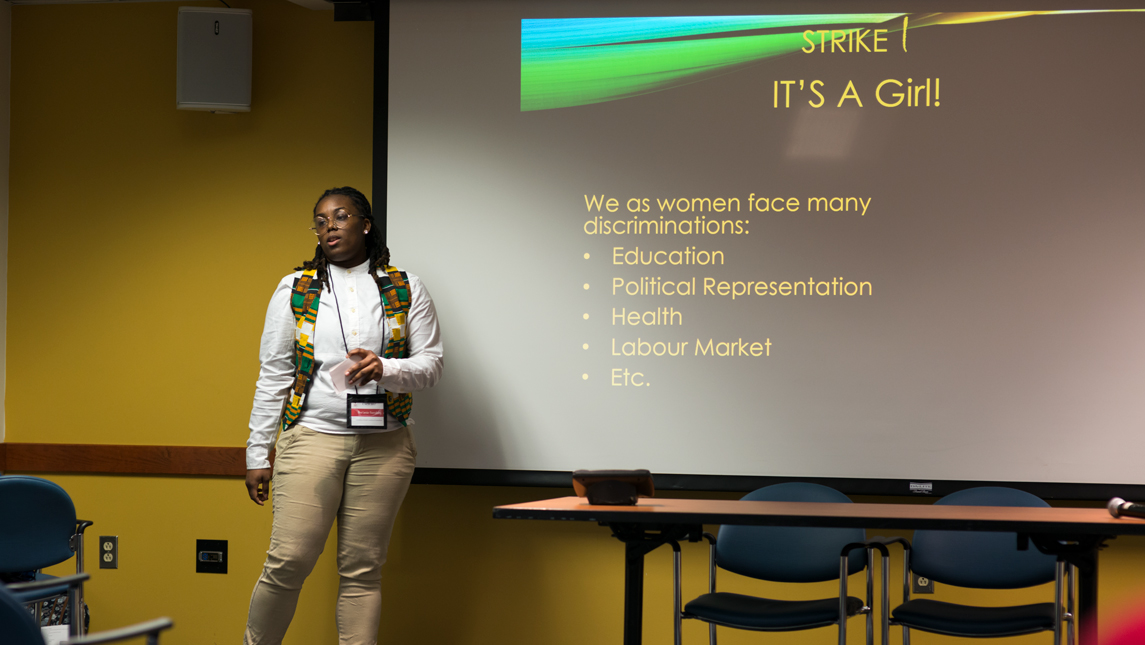
Several students will make presentations that came out of a new course in AADS, “Africans in the Greco-Roman World,” taught by classicist Dr. Rebecca Muich and Dr. Omar Ali, professor in the Department of History and AADS and dean of the Lloyd International Honors College.
The course, one of many created through a $200,000 grant awarded to UNCG last year by The Andrew W. Mellon Foundation, combines classical studies with history and African diaspora studies. The material counters the common impression that people who lived in and interacted with the Greco-Roman world were only Greek and Roman.
Two students from the course will bring their work to the conference. Sophomore Tyree Myers will present a discussion on Kandake Amanirenas, the most famous queen who reigned during the Meroitic period, and senior Grace George will present on Saint Augustine, the African founding father of Christianity. Both students will talk about their experience visiting the Metropolitan Art Museum in New York, which was also funded by the Mellon grant as a component of the course.
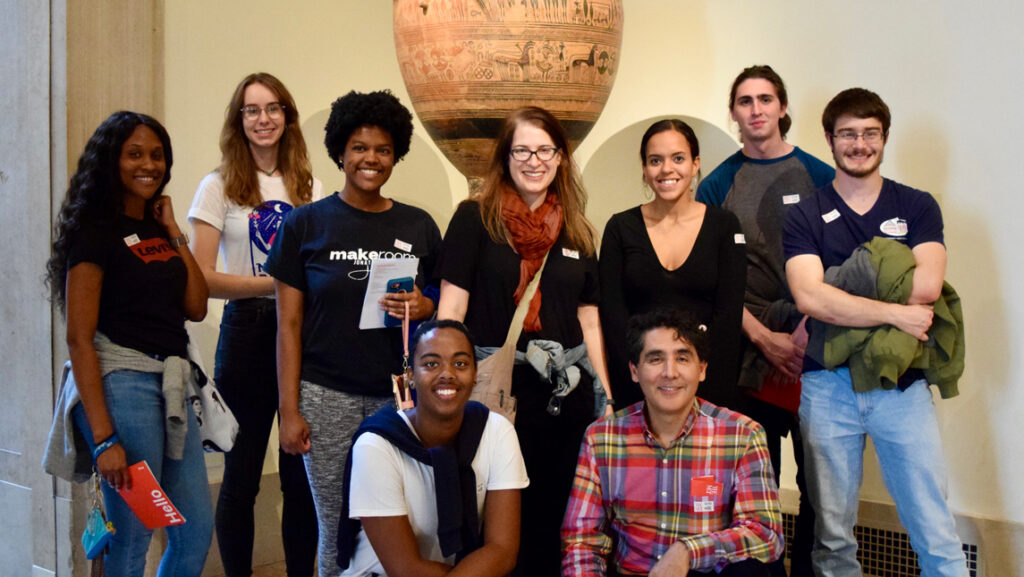
“We train for how to open up and begin a new conversation,” explained director of AADS, Dr. Cerise Glenn in a UNCG Research magazine story that previewed the new course. “When we examine the African identity in the Greco-Roman world, we learn things from the myths and the narratives – who gets framed in and out? It opens up a conversation about race and identity. The way we re-tell stories, particularly in popular culture and media, shows us how we are still grappling with what we were in the past.”
The conference kicks off at 10 a.m. on Feb. 19 with welcoming remarks from Glenn and Associate Dean of the College of Arts and Sciences Chuck Bolton in the Elliott University Center’s Alexander Room.
The evening before the conference, Feb. 18, CACE will hold the 2020 Literary Café at 6 p.m. in the Virginia Dare Room.
The conference, including the Literary Café, is free and open to all students, faculty, staff, and community members. Faculty members are also invited to bring their classes to the conference sessions. Registration, which includes the luncheon, can be completed on this site: http://bit.ly/2RAxVBx.
Check the AADS website for additional information and email aads@uncg.edu or call 336-334-5507.
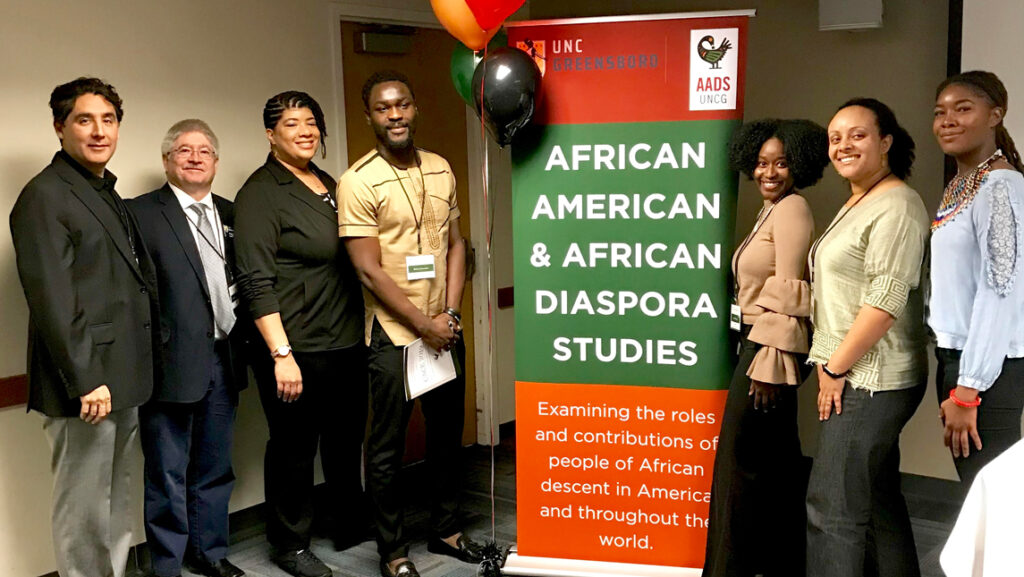
Story by Susan Kirby-Smith, University Communications
Photography by Martin W. Kane, University Communications
